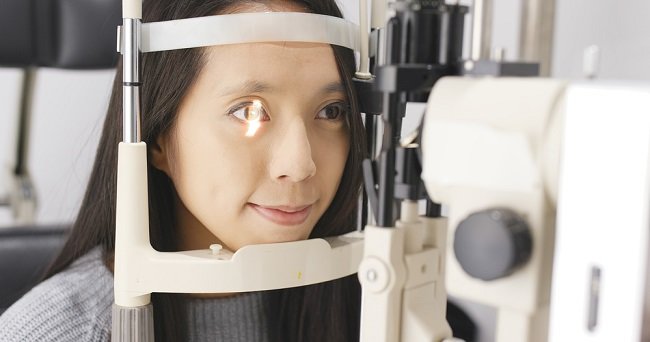Determining the exact age of premature babies is important to predict growth and development and evaluate their health conditions. Are you confused about how to calculate the age of a premature baby? Is it from the time the baby is born or based on the estimated day of birth (HPL)? Come on, see the following explanation.
Premature babies are babies born when their mother's gestational age is less than 37 weeks. Parents of premature babies may be confused when asked how old their baby is. Should it be calculated according to gestational age or since the little one was born?

Calculating the Age of a Premature Baby
There are two ways to calculate the age of premature babies, namely based on chronological age and corrected age. Here's the explanation:
chronological age
Chronological age is the age of the baby which is calculated from the time he was born. This age is not used as a benchmark, because the growth and development and function of the organs of premature babies are not like those of babies born at term. Chronological age is usually used to determine the immunization schedule for infants, both premature and full-term infants.
Correction age
The corrected age is obtained from the chronological age minus the number of weeks or months in which the baby was born. For example, if the baby's chronological age is now 6 months, but he was born 2 months earlier, the corrected age is 4 months.
The corrected age of this premature infant can be used to evaluate its growth and development. Therefore, most doctors recommend using the corrected age until the premature baby is 2 years old, or until the baby is the same size and development as a full-term baby.
Premature Baby Development
Premature babies will also develop according to their age, although it may be a little later than full-term babies their age. The following is the development of premature babies according to their corrected age:
2 months
- Starting to control his head.
- Get to know parents.
- Already able to make a sound and cry in a different voice.
- Smile at other people.
4 months
- Already able to roll.
- He can lift his head and look around him.
- Follow people and objects.
6 months
- Sit alone.
- Start crawling.
- Kneel.
- chattering.
- Curious about things beyond his reach.
9 months
- Already able to crawl everywhere.
- Imitates sound and movement.
- Pull something up so it can stand.
- Understand the word "no".
12 months
- Creeps along the furniture.
- Can stand alone and start learning to walk.
- Starting to be able to play with other children the same age as him.
- Take small items.
- Respond to simple questions, such as "Where's dad?".
- Try to imitate the words you say.
- Perform simple movements, such as shaking your head or waving your hand.
- Cry when parents leave.
- Have a favorite object, such as a doll or blanket.
15 months
- Can squat and walk smoothly.
- Can distinguish shapes.
- Knows three words besides Mom and Dad, which are used to say or ask for something.
- Search for or point to a picture in the book.
- Follow more directions.
18 months
- Can walk up stairs.
- Start running.
- Can undress.
- Drink from a cup and eat with a spoon.
- Has a vocabulary of about 18 words.
- Can say "no" while shaking his head.
- Point to what he wants.
If you are still confused, Mom and Dad can ask your pediatrician about how to calculate the age of a premature baby. In addition, do not hesitate to ask the doctor about the development and growth of your little one, here are tips to support growth and development and health.









